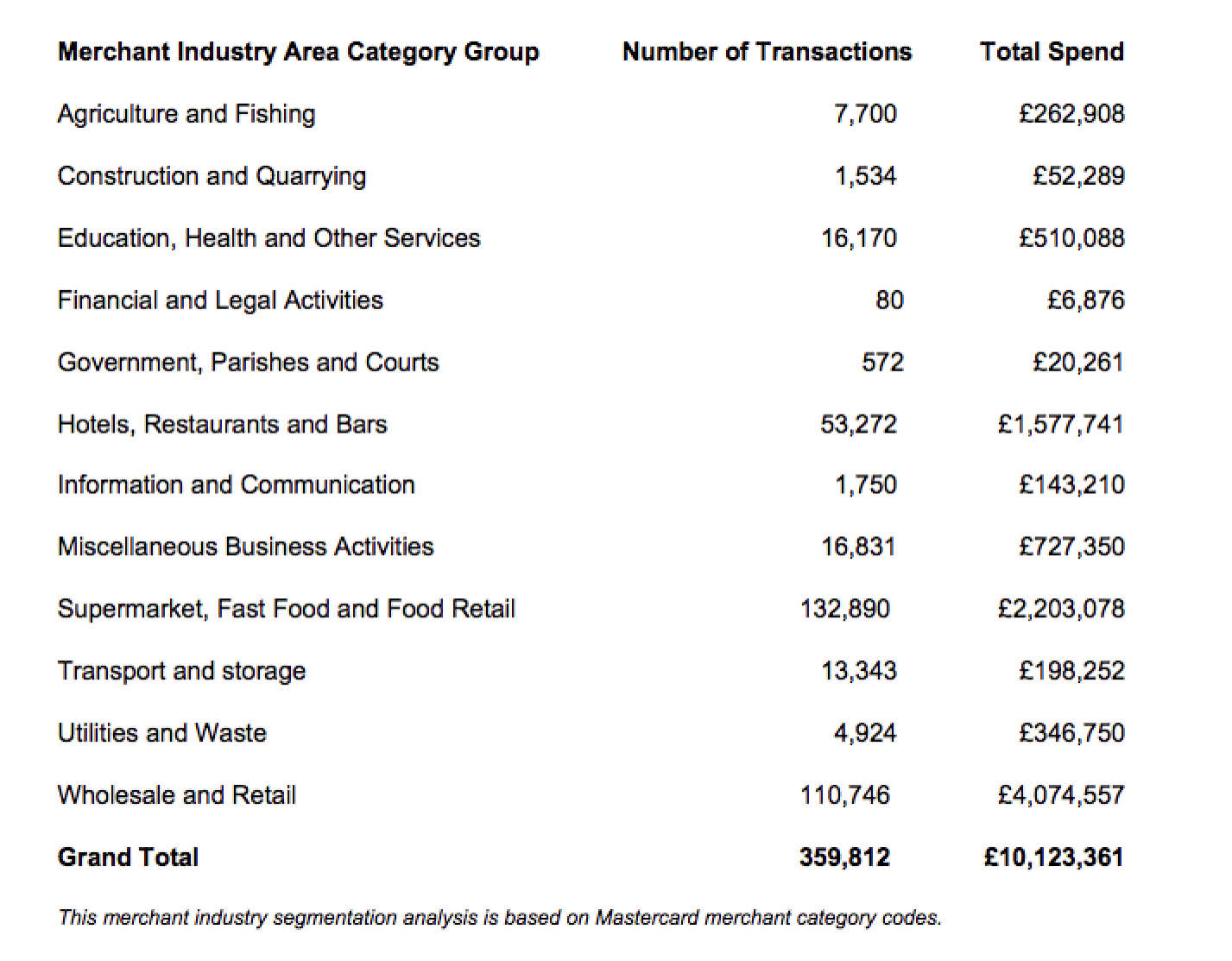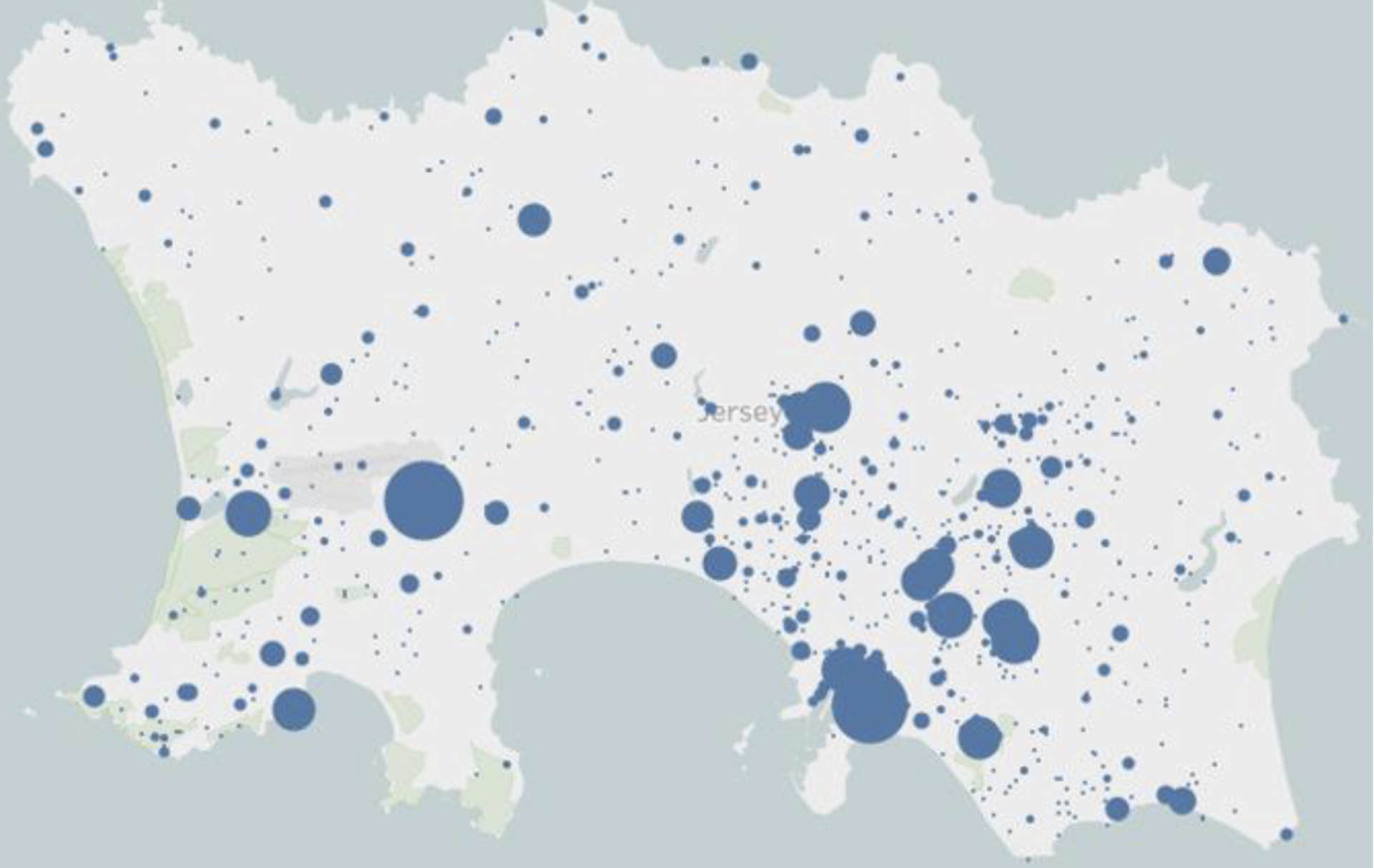


More than £2m of the £10m that islanders spent using their £100 Spend Local card could have ‘leaked away’ because it replaced everyday spending on items such as groceries - rather being extra spending to boost the economy as intended.
Recently published figures that give a breakdown on how islanders used their £100 Spend Local cards show that, of the £10.12m total that was spent on the cards, £2.2m of that was used in the ‘supermarket, fast food and food retail’ sector.
While recognising that this money still supported local jobs and supply chains, a report by an internal Government ‘Investment Appraisal Board’ at the time the card was launched this summer did highlight the risks of ‘leakage’ if the card was spent on goods that would be bought anyway, such as food and drink.
“While vouchers themselves can only be spent with local businesses and cannot be saved because they expire, people can reallocate their budget to use the voucher on goods or services that they were going to purchase anyway,” the board reported.
“The equivalent value of the voucher can then either be saved or spent on imports (e.g. internet purchase from overseas) such that no incremental increase in demand has been experienced in the local economy where this takes place.”
It went on to explain that, in order to mitigate against this issue, consideration was given to “restricting the vouchers to specific sectors that were more acutely affected by covid-19, such as tourism related businesses and retailers”.

Pictured: Where islanders spent the £100 on their Spend Local cards.
However, as the new figures - which were published on gov.je over Christmas without any official release - reveal, most of the £10m appears to have been spent in the manner that ministers intended: as a ‘treat’ in a difficult time for many islanders.
The sector receiving the biggest boost (£4m) was ‘wholesale and retail’, while ‘hotels, restaurants and bars’ benefited to the tune of £1.5m.
Some islanders chose to spend their money in more specific ways: more than £0.5m was spent on ‘education, health and other services’ and £346,000 was used to fund ‘utilities and waste’.
£263,000 was spent on ‘agriculture and fishing’ while, at the very bottom end of the scale, islanders spent just under £7,000 on ‘financial and legal activities’.

Pictured: A map showing where the cards were used, which appears to show a lot of money being spent in or around the Airport, as well as St. Helier.
In total, 106,000 cards were issued to islanders and just over 103,000 of those were activated for use, representing 97.5%.
2,600 people did not activate their card, while there was an average of £2.06 left on each card once the scheme came to an end on 31 October.
Islanders have been asked to keep hold of their card in case the exercise is repeated in the future.
Comments
Comments on this story express the views of the commentator only, not Bailiwick Publishing. We are unable to guarantee the accuracy of any of those comments.